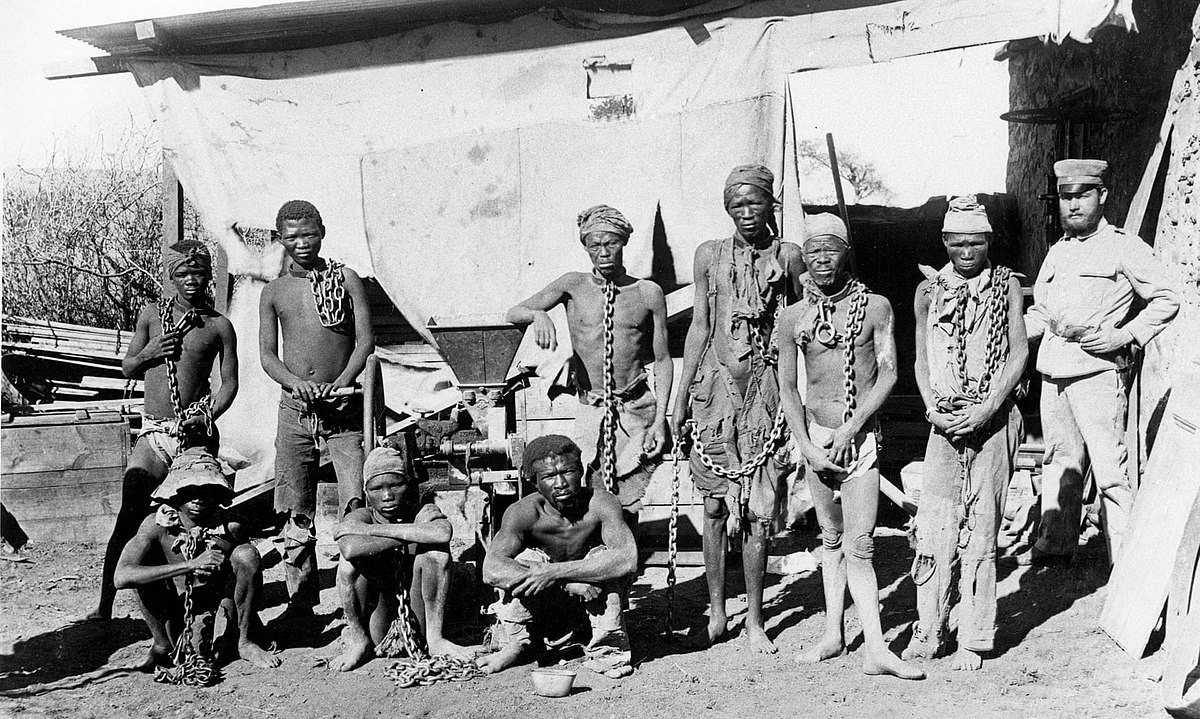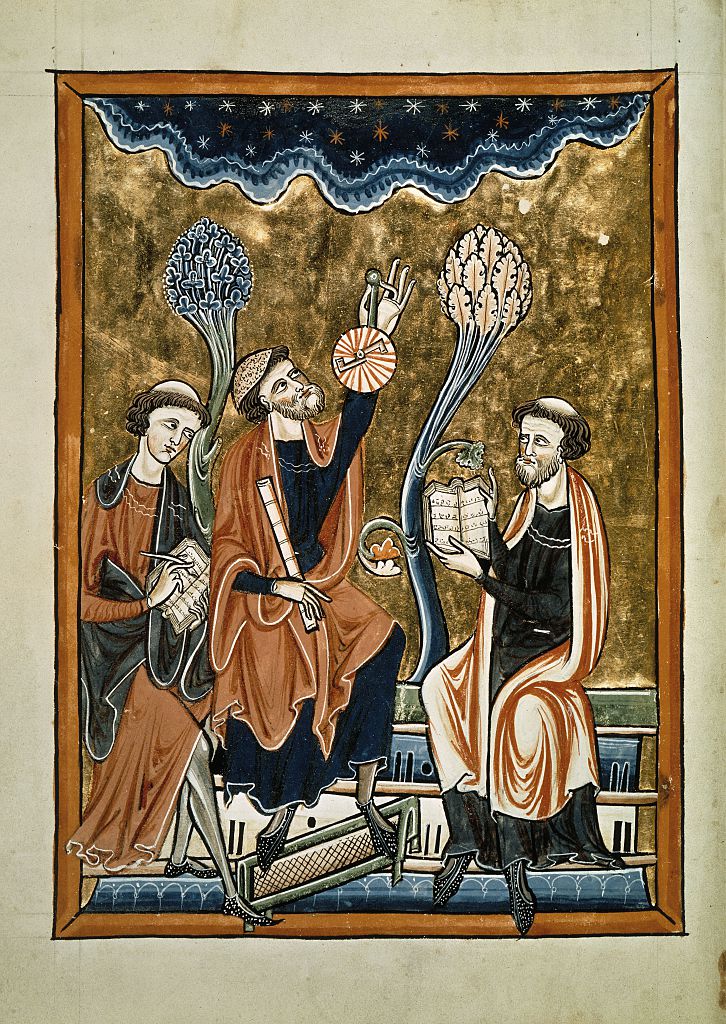And, of course, we can't forget the Inca, the largest, most-centralized and -organized Pre-Columbian Western Hemisphere civilization with large cities (if not as large as the biggest Mesoamerican centres), armies as structured, regimented, large, and professional as any the Roman or Han-, Sui-, or T'ang-Dynasty Chinese Empires ever had, a large road network with sturdy bridges that held up Spanish horses and canons and had storehouses and roadhouses all along them and had the Chasqui runners, foot messengers very much akin to Rome's Viators, keeping communication, and a tuber-based mountain-terrace agricultural system that fed millions. But, they had no formal written script - only the quipu ropes with their patterns of knots as a form of record-keeping. But, apparently, according to Uncle Paul, this lack of formal, "reading and writing," makes them, "primitive and savage stone age tribes," which he said all Pre-Colonial Sub-Saharan and New World Civilizations were, in sweeping terms, anyways.




